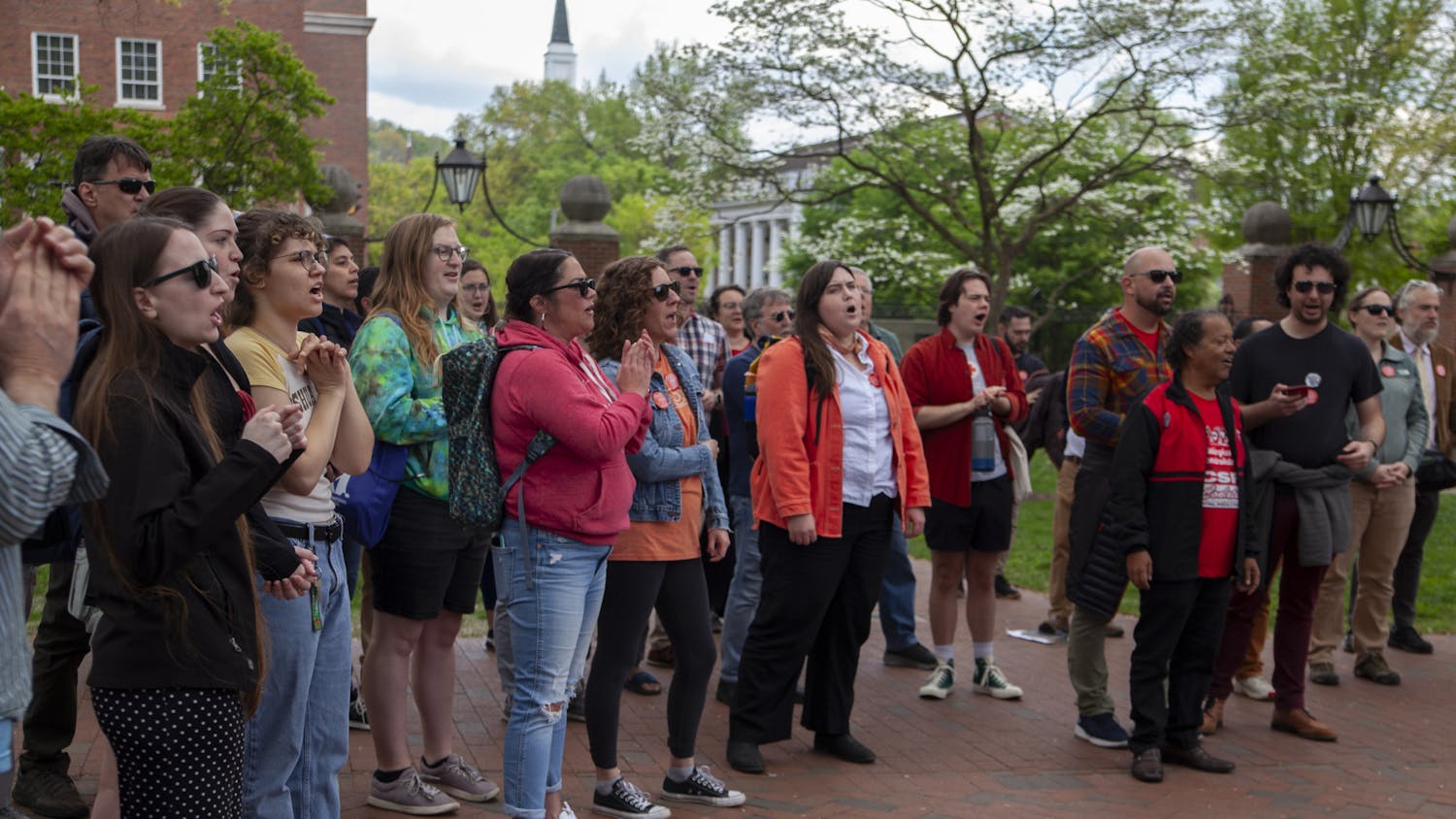Eleanor Ahrens, president of Southeast Ohio NORML and suffers from epilepsy, is hoping she can get marijuana decriminalized in Athens.
Sometimes in the middle of conversation, Eleanor Ahrens "spaces out" and forgets what she was talking about.
"I've been having a lot of trouble lately," she said. "It's probably going to be an ongoing thing."
Ahrens, 60, is the president and one of the founding members of the Southeast Ohio branch of the National Organization for the Reform of Marijuana Laws, which has been active since 2013.
She said she also has epilepsy and other neurological disorders, and suffers from multiple "petit mal" seizures nearly every day.
Those types of seizures usually don't cause her to convulse. Instead, she usually loses focus and experiences confusion. But occasionally, she experiences "grand mal" seizures as well, which cause violent muscle contractions and loss of consciousness.
Today, Ahrens is on 17 medications in order to treat her epilepsy, anxiety disorder and high blood pressure. She commutes weekly to the Cleveland Clinic to receive Botox treatment in her skull and neck to deaden her overactive nerves.
"The prescriptions are addictive, the side effects are horrible and (with) a simple marijuana cigarette, I could probably get rid of most of those pills," she said.
Each treatment costs about $2,000, although she said Medicare covers most of her medical costs.
When she first started experiencing seizures, she was seven years old. She said the condition, which was not very well understood at the time, was alienating for her.
"Back then they thought I was just trying to get attention, so I just sort of let it go until I was in my 20s," she said.
When Ahrens began smoking marijuana recreationally in the 1970s, she said her seizures almost completely went away.
"It wasn't until after it wasn't available to me anymore that I realized how much it really helped," she said.
{{tncms-asset app="editorial" id="ec88ae54-613f-11e5-84e9-d3366757e266"}}
In 1996, two years after a college student from Kent State University took marijuana from her backyard and sold it to an undercover police officer, she said she was convicted of three felony charges and one count of drug trafficking.
"After exhausting all other methods, we knew (marijuana) was the only thing that really worked for me," she said.
After that, she became more involved in marijuana activism. In 2000, she became the vice president and one of the founding members of the Ohio Patients Network, which sought to legalize marijuana for medical purposes.
Currently, as the head of the Southeast Ohio branch of the National Organization for the Reform of Marijuana Laws, she is working with her vice president Don Keeney to get a bill passed in Logan that would make possession of marijuana a minor misdemeanor, and only subject to a $10 fine.
That bill will be on the Nov. 3 ballot in Logan, and Ahrens said she has her eyes on a similar bill for Athens.
"That's actually I think where I'm going to go next," she said.
Ahrens said her activism — and holding a steady job — has not always been an easy task for her due to her condition.
"I know she has some medical conditions, and I try to step in whenever I can," Keeney said.
In the late '90s, she had a job with the Morgan County Humane Society, which she said was her "main calling."
But personal issues, combined with her occasional episodes, forced her to quit.
"I would have little seizures and walk around the office not really knowing what I was doing," she said.
Rob Ryan, the current president of the Ohio Patients Network, said in spite of Ahrens' episodes, her experiences make her an effective voice for change.
"She has a very compelling story of her own trials and run-ins with the law and can be actual quite effective when she’s out of the seizure mode and talking to people about her condition and her episodes," he said.
Ryan said the legalization of marijuana would make it much easier for people like Ahrens to function in every day life.
He said in places where marijuana has been legalized, opiate addiction levels have gone down by 30 percent, and claimed that marijuana often decreases the number of other drugs a patient needs.
"Sometimes I wonder if I should step down," Ahrens said. "It's real hard for me to handle the presidential position and ... it does interfere with I have to do. But people (who) know me and know about my condition help however they can."
@wtperkins
wp198712@ohio.edu






